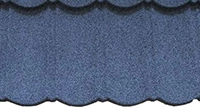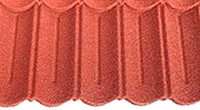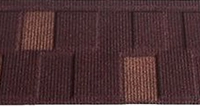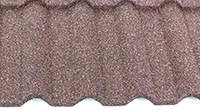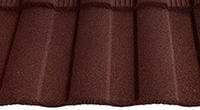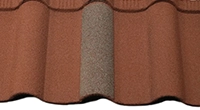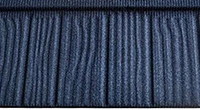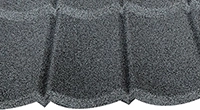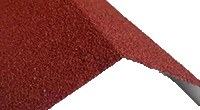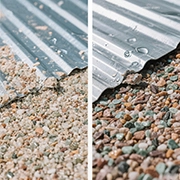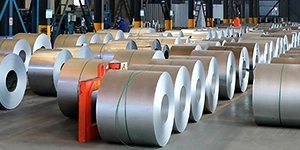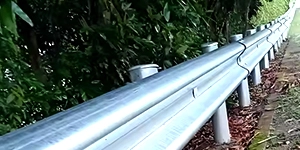What Are the Key Quality Differences in Stone - Coated Metal Roofing Tiles?
When it comes to stone - coated metal roofing tiles, not all products are created equal. There are several key quality differences that can impact the performance, durability, and appearance of these tiles.
One of the primary factors affecting quality is the type of metal substrate used. High - quality stone - coated metal roofing tiles typically use a thick gauge of galvanized steel or an advanced aluminum - zinc alloy. A thicker metal substrate provides greater strength and durability, allowing the tiles to better withstand harsh weather conditions such as high winds, hail, and heavy rain. For example, in areas prone to hurricanes, a heavier - gauge metal tile is more likely to remain intact and protect the building beneath. In contrast, lower - quality tiles may use a thinner gauge of metal, which can be more easily dented, scratched, or even punctured by flying debris during storms.
The quality of the stone coating is also crucial. High - end tiles use natural stone chips or granules that have been carefully selected for their color, size, and texture. These stone particles are often heat - treated or coated with a special resin to enhance their durability and fade - resistance. The stone coating on quality tiles is evenly applied and firmly adhered to the metal substrate. This ensures that the tiles maintain their aesthetic appeal over time and that the stone particles do not easily fall off. Inferior tiles, however, may use lower - grade stone chips or a coating that is not properly adhered. This can lead to a patchy appearance, premature fading, and the loss of stone particles, which not only affects the look of the roof but also reduces its protective qualities.
The manufacturing process itself can also contribute to quality differences. Reputable manufacturers use state - of - the - art production equipment and strict quality control measures. They carefully monitor the temperature, pressure, and other variables during the coating and curing processes to ensure that each tile meets high standards. In contrast, some smaller or less - scrupulous manufacturers may cut corners in the production process. This could result in inconsistent tile thickness, uneven coating, or poor adhesion between the metal and the stone.
Another aspect of quality is the corrosion resistance of the tile. High - quality stone - coated metal roofing tiles are often treated with additional coatings or finishes to prevent rust and corrosion. These coatings can be especially important in areas with high humidity, near the coast, or in industrial areas where there may be pollutants in the air. Lower - quality tiles may lack these anti - corrosion treatments, which can lead to rust formation over time, weakening the structure of the tile and reducing its lifespan.
The key quality differences in stone - coated metal roofing tiles lie in the metal substrate, the stone coating, the manufacturing process, and the corrosion resistance. By understanding these differences, consumers can make more informed decisions when choosing a roofing material for their projects.
